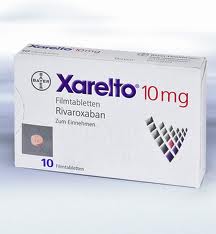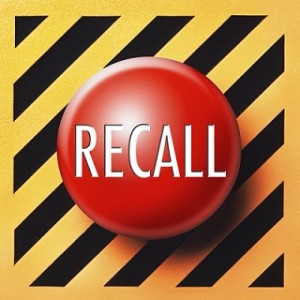According to a transfer order issued last week, The U.S. Judicial Panel on Multidistrict Litigation (JPML) has agreed to consolidate all Stryker Rejuvenate hip replacement lawsuits filed throughout the federal court system, centralizing the cases before one judge. This will include both Rejuvenate and ABG II Implants.
Complaints filed involving any Stryker Rejuvenate or Stryker ABG II hip components will be transferred to one U.S. Judge in the District of Minnesota as part of an MDL or multidistrict litigation. There are currently at least 41 lawsuits filed against Stryker, filed in 16 different U.S. District Courts. This figure is expected to increase greatly over the coming months as individuals throughout the country continue to experience hip failures, which often result in the need for revision surgery. Typically designed to last 15 to 20 years, a recall was issued for Stryker Rejuvenate and ABG II hips in July 2012 after data suggest that the implants were prone to corrode or fret at the modular junction, increasing the risk of inflammation, loosening and eventual failure of the artificial hip within a few years.
As all the complaints involve similar allegations, the MDL has been created to reduce duplicative discovery, eliminate conflicting rulings from different judges, and to serve the convenience of the parties, witnesses, and the courts. As additional cases are filed in the future, they too will be transferred to the Minnesota Judge for coordinated handling before trial.
 Lawsuit Information Center
Lawsuit Information Center




